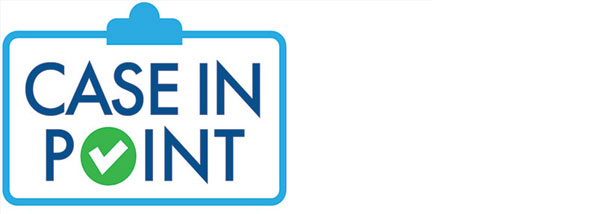
Inability to concentrate
Author and Disclosure Information [Show]
Stephen M. Soreff, MD, has disclosed no relevant financial relationships
Question 1 of 3
This quiz is not accredited for CME.
More from Case in Point: ADHD
QUIZ
Irregular behavior at home and school
Anxiety and frustration
Teen with pressured speech
Boy presents with previous ADHD
Complaints of anxiety and mild depression
Third-grade student falling behind in school
Boy driven by urges who is unable to settle down
